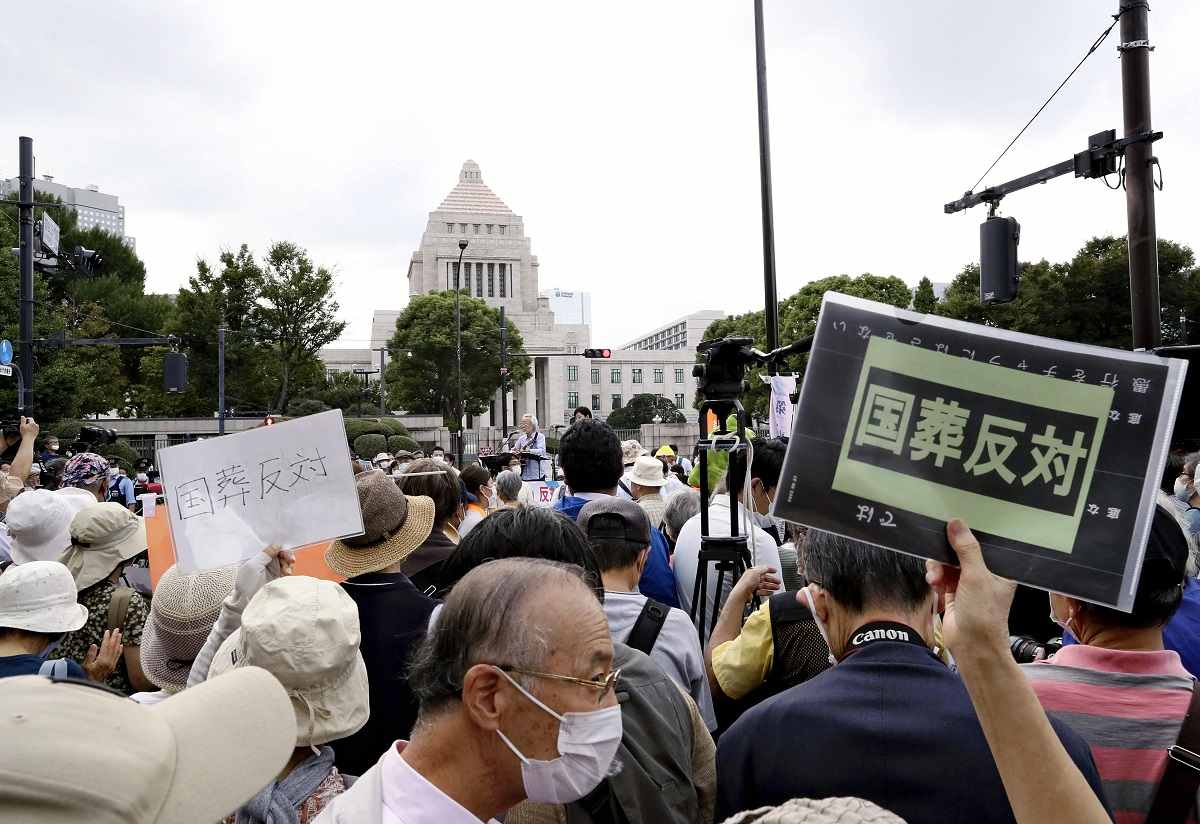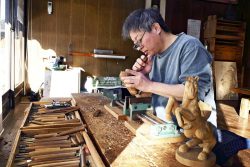- Social Series
- AFTERMATH OF A MURDER
1 Year Since Abe Shooting / Suspect Lionized on Fringes of Society
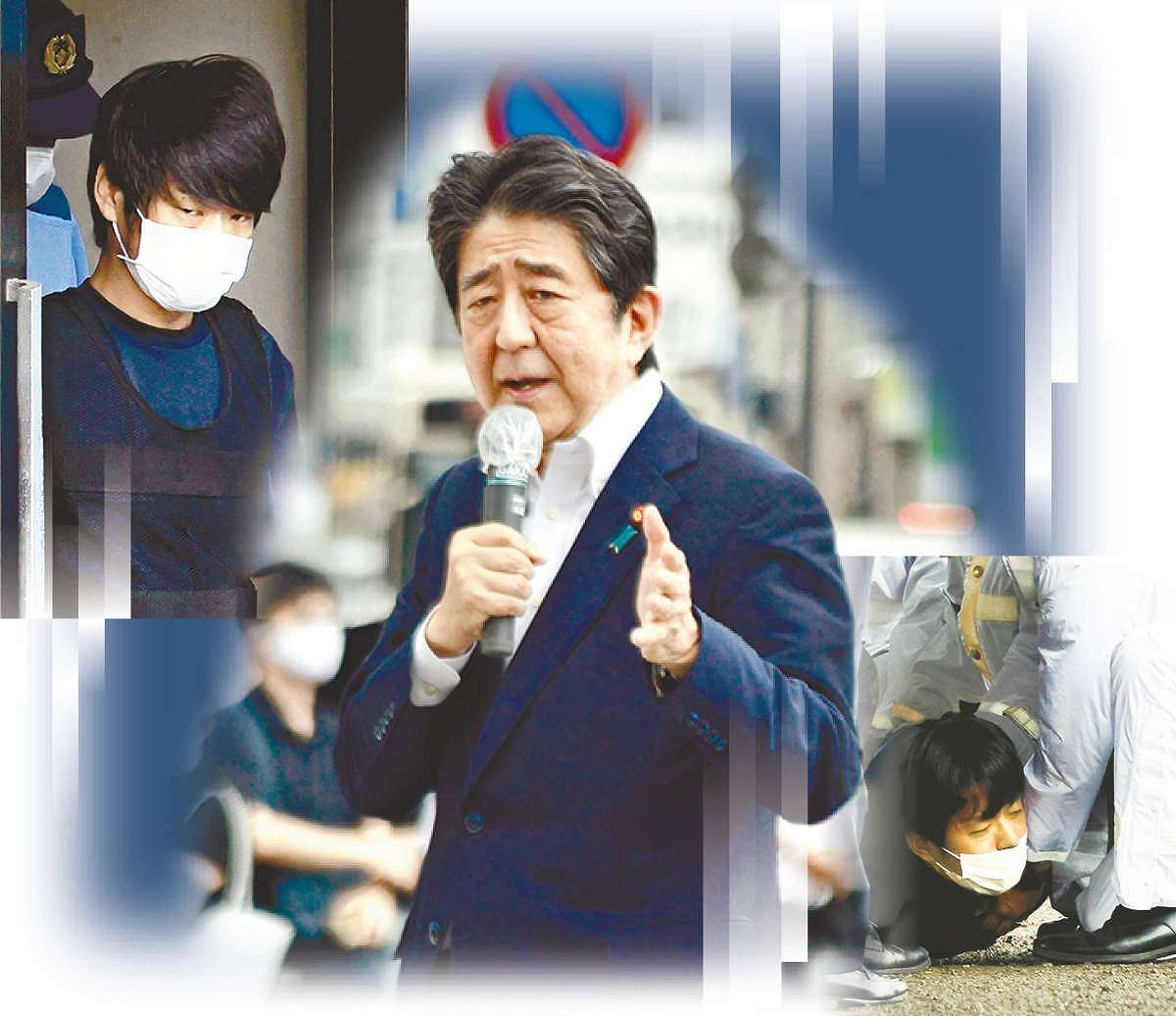
From left, Tetsuya Yamagami, accused attacker of former Prime Minister Shinzo Abe, center; and Ryuji Kimura, who allegedly attacked Prime Minister Fumio Kishida
The Yomiuri Shimbun
20:00 JST, July 8, 2023
One year has passed since former Prime Minister Shinzo Abe was shot to death while giving a campaign speech for a House of Councillors election candidate in Nara on July 8 last year. What impact has the killing had on Japanese society and politics? This is the first installment of a series on the lasting ramifications of the incident.
※※※
In a nondescript house in Kawanishi, Hyogo Prefecture, a man who lived alone on the fringes of society typed “Yamagami” into the search box of an online browser.
Later, on April 15 of this year, the man from Kawanishi became known to the nation when he allegedly threw an explosive device in the direction of Prime Minister Fumio Kishida as he was preparing to give a campaign speech in Wakayama.
Ryuji Kimura, 24, was quickly arrested on various charges and is currently undergoing tests to assess his mental fitness to stand trial. With no steady job, Kimura apparently made the explosive on his own and had been looking for an opportune moment to attack Kishida.
The name “Yamagami” in the internet search referred to Tetsuya Yamagami, another unemployed man who shocked the world by fatally shooting former Prime Minister Shinzo Abe on July 8 last year.
Yamagami, 42, is said to have harbored a grudge against the Family Federation for World Peace and Unification, widely known as the Unification Church. His mother had donated as much as ¥100 million to the religious group, and Yamagami reportedly said that he targeted Abe because “I thought there was a connection.”
Yamagami had grown up in poverty, abandoning hope of going to university and bouncing around from job to job. When his background of isolation and the role that the church played in it came to light, the group was subjected to intense backlash.
This resulted in the passing of a law regulating large donations, and the resignation of a government minister because of his ties to the church.
According to investigators, “Yamagami” was found in the search history of Kimura’s mobile phone, and they suspect that Kimura kept close tabs on the events that unfolded in the aftermath of the Abe attack.
Kimura has refused to talk since his arrest, but he had previously displayed dissatisfaction with the electoral system. Prior to the incident, he had filed a lawsuit against the government seeking damages.
In just nine months, the nation went through the extraordinary situation of seeing attacks on both a former prime minister and the current one. The term “cycle of violence” began to weigh on the minds of law enforcement officials.
Hero to some
According to sources, Yamagami talked about exposing the Unification Church and expressed a desire to “crush” the group, while denying the notion that his act was one of “political terrorism” aimed at social change.
Even so, the idea of Yamagami being “a hero who changed society” still smolders on the internet, and incidences of attempts to influence society through violence have followed.
In September last year, a man was arrested by the Metropolitan Police Department for attempting to throw an explosive into the U.S. Embassy compound in Tokyo, allegedly claiming he aimed to “change society.”
In February, the Hyogo prefectural police arrested a man who had allegedly sent an email threatening the then mayor of the city of Akashi. “I will kill you with a gun I made myself by referencing Yamagami,” the message read.
Toshikazu Inoue, a professor at Gakushuin University specializing in Japanese political and diplomatic history, likens the current social climate to the period prior to World War II, when there was a succession of acts of terrorism targeting public figures.
In 1921, a 31-year-old man stabbed a noted industrialist to death, then committed suicide. At the time, Japan was in the middle of the post-World War I depression, and the man’s suicide note said he had resorted to terrorism to correct inequality in society. He was also seen as a hero.
Just one month later, another man inspired by the incident assassinated then Prime Minister Takashi Hara, also by stabbing him to death. That was followed by terrorist attacks including the May 15 Incident, in which then Prime Minister Tsuyoshi Inukai was assassinated.
“With the continued feeling of hopelessness in society brought on by the pandemic and other factors, the Abe killing could be the spark for a cycle of violence,” said Inoue, expressing a sense of crisis.
The acceptance of violence is linked to the rejection of democracy, which is premised on the right to free speech.
“We need to think about these incidents and the social problems behind them separately,” said Yoshiaki Fukuma, a professor at Ritsumeikan University specializing in historical sociology. “There are ways to find solutions without resorting to crime.”
Fukuma called it significant that both Yamagami and Kimura were isolated from society.
“Their cases have raised the issue of how to deal with people alienated from society,” he said. “We need to solve problems related to employment, education, and isolation.”
The Abe murder case is to be tried under the lay judge system, although there is no indication yet of when the trial will start.
Combating religious abuse
The pretrial procedures for the first hearing for Yamagami were scheduled for the afternoon of June 12 at the Nara District Court, but were canceled.
The cancellation was triggered by the unexpected delivery to the court that day of a cardboard box addressed to Yamagami. It was treated as a suspicious object, but was found to contain papers bearing about 13,600 signatures seeking a light sentence for Yamagami.
The sender was Kei Saito, 59, from Kiyose, Tokyo. Like Yamagami, Saito was a “second-generation follower” of a new cult-like religion.
“I can’t approve of violence, but I believe the problems faced by second-generation followers have been brought to light because of the incident,” Saito said.
In the wake of the shooting, many such second-generation followers decided to finally speak up. They had lived through threats of “going to hell for scorning the doctrines” of their parents’ religions and having their education or employment prospects thwarted. The outside world was at last learning of their dire straits.
In December last year, the Health, Labor and Welfare Ministry compiled the first-ever guidelines for cases of religion-based child abuse, requesting child consultation centers to promptly take such children into temporary custody to ensure their safety.
The head of Snowdrop, a general incorporated association formed by second-generation followers and concerned others, said she has mixed feelings about the shooting being the catalyst for the measures.
But the woman, who uses the pseudonym Nana Natsuno, said she is taking a positive view if it means creating a society in which those affected can be saved from their predicament.
However, helping second-generation followers is more easily said than done. It is difficult for children themselves to recognize that they are being harmed, and it is hard for outsiders to see it.
According to a Yomiuri Shimbun survey of child consultation centers across the nation, there were just 65 notifications or consultations for abuse related to religion in the six years up to fiscal 2022.
Child consultation centers are chronically understaffed, and few staff members know how religious groups operate. The number of known cases is believed to be just the tip of the iceberg.
One center worker put it bluntly: “Freedom of religion is guaranteed by the Constitution, and if there is no clear evidence of violence, it is difficult to make the call [on abuse].”
Lack of progress
Little progress is being made on issues surrounding the Unification Church. On Nov. 22 last year, the government exercised its right to ask questions under the Religious Corporations Law for the first time, with a view to requesting a court order for dissolution of the church. That right has been exercised six times in the seven months since then, unavoidably protracting the process.
In the past, there have been only two cases of dissolution orders being handed down, including the one for the Aum Shinrikyo doomsday cult. In both cases, there were criminal charges against the leadership. But while the Unification Church has been involved in civil lawsuits that found systemic illegalities, its leadership has never been criminally prosecuted.
It appears that ascertaining the severity of the church’s actions is taking time. At a press conference following a Cabinet meeting on June 30, Education, Culture, Sports, Science and Technology Minister Keiko Nagaoka offered only, “We will proceed with responses to reveal concrete evidence and objective facts.”
A law to prevent the solicitation of excessive donations, which prohibits religious organizations and other bodies from inducing donations by stoking anxiety, was enacted in December last year. Enforcement of penalties started in April, after which there were 48 reports of suspected violations through May.
However, the penalties are not applied to violations that occurred before April, and in regard to administrative guidance or criminal prosecution, the Consumer Affairs Agency, which holds jurisdiction, said that “careful judgment is necessary.”
The actions of the Unification Church, such as spiritual sales in the 1980s, long ago evolved into societal problems, but sufficient countermeasures had never been taken and the harm has continued under the surface.
“If the issue fades away, the damage will be repeated over and over again,” said Masaki Kito, a member of the National Network of Lawyers Against Spiritual Sales, which works to help people negatively impacted by religious groups. “To ensure a ‘Yamagami II’ does not emerge, it is necessary for the government to ensure the effectiveness of the measures it set up after the incident.”
Related Articles
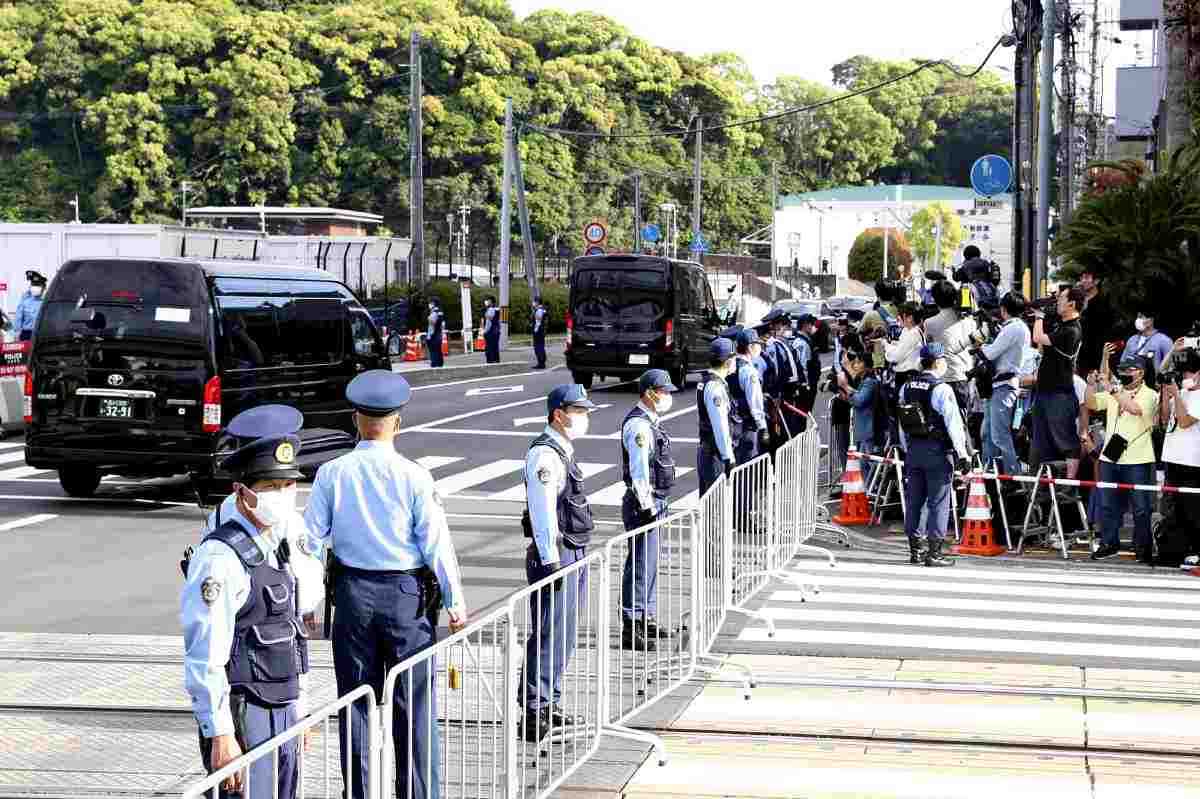
1 Year Since Abe Shooting / Japan Weighs How Best to Protect Dignitaries Against ‘Lone-wolf’ Attacks
Most Read
Popular articles in the past 24 hours
-

TEPCO to Reactivate Nuclear Reactor at Kashiwazaki-Kariwa Power P...
-

Tae Hitoto Leads Japanese Cyclists Planning Trip Around Taiwan to...
-

Travel Across PokéPark KANTO, Searching Far and Wide for Your Fav...
-
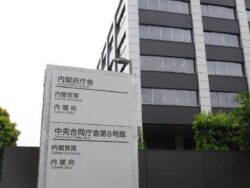
Japan’s Govt Sets Goal for World’s No. 3 in Number of Highly Cite...
-
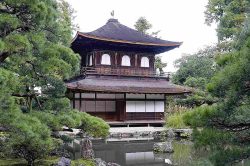
Japan's Ginkakuji Temple to Increase Admission Fees for 1st Time ...
-

Israeli Ambassador to Japan Speaks about Japan’s Role in the Reco...
-
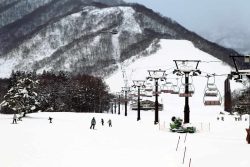
Australian Woman Died of Asphyxiation in Nagano Ski Lift Accident...
-
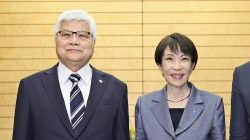
TMSC to Produce 3-Nanometer Semiconductors in Japan's Kumamoto Pr...
Popular articles in the past week
-

Man Infected with Measles May Have Come in Contact with Many Peop...
-

Australian Woman Dies After Mishap on Ski Lift in Nagano Prefectu...
-

Foreign Snowboarder in Serious Condition After Hanging in Midair ...
-

Chinese Embassy in Japan Reiterates Call for Chinese People to Re...
-

Narita Airport, Startup in Japan Demonstrate Machine to Compress ...
-

Toyota Motor Group Firm to Sell Clean Energy Greenhouses for Stra...
-

Beer Yeast Helps Save Labor, Water Use in Growing Rice; Govt Hope...
-

Japan Tourism Agency Calls for Strengthening Measures Against Ove...
Popular articles in the past month
-

Univ. in Japan, Tokyo-Based Startup to Develop Satellite for Disa...
-

JAL, ANA Cancel Flights During 3-day Holiday Weekend due to Blizz...
-

Japan Institute to Use Domestic Commercial Optical Lattice Clock ...
-

China Eyes Rare Earth Foothold in Malaysia to Maintain Dominance,...
-

China Confirmed to Be Operating Drilling Vessel Near Japan-China ...
-

Japan, Qatar Ministers Agree on Need for Stable Energy Supplies; ...
-

Man Infected with Measles May Have Come in Contact with Many Peop...
-

Australian Woman Dies After Mishap on Ski Lift in Nagano Prefectu...
Top Articles in Society
-

JAL, ANA Cancel Flights During 3-day Holiday Weekend due to Blizzard
-

Man Infected with Measles May Have Come in Contact with Many People in Tokyo, Went to Store, Restaurant Around When Symptoms Emerged
-

Australian Woman Dies After Mishap on Ski Lift in Nagano Prefecture
-

Foreign Snowboarder in Serious Condition After Hanging in Midair from Chairlift in Nagano Prefecture
-

Record-Breaking Snow Cripples Public Transport in Hokkaido; 7,000 People Stay Overnight at New Chitose Airport
JN ACCESS RANKING
-

Univ. in Japan, Tokyo-Based Startup to Develop Satellite for Disaster Prevention Measures, Bears
-

JAL, ANA Cancel Flights During 3-day Holiday Weekend due to Blizzard
-

Japan Institute to Use Domestic Commercial Optical Lattice Clock to Set Japan Standard Time
-

China Eyes Rare Earth Foothold in Malaysia to Maintain Dominance, Counter Japan, U.S.
-

Japan, Qatar Ministers Agree on Need for Stable Energy Supplies; Motegi, Qatari Prime Minister Al-Thani Affirm Commitment to Cooperation
